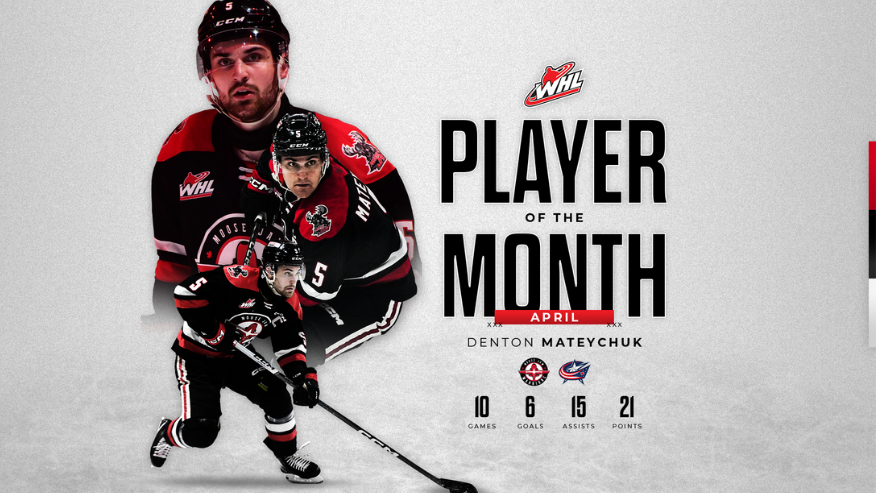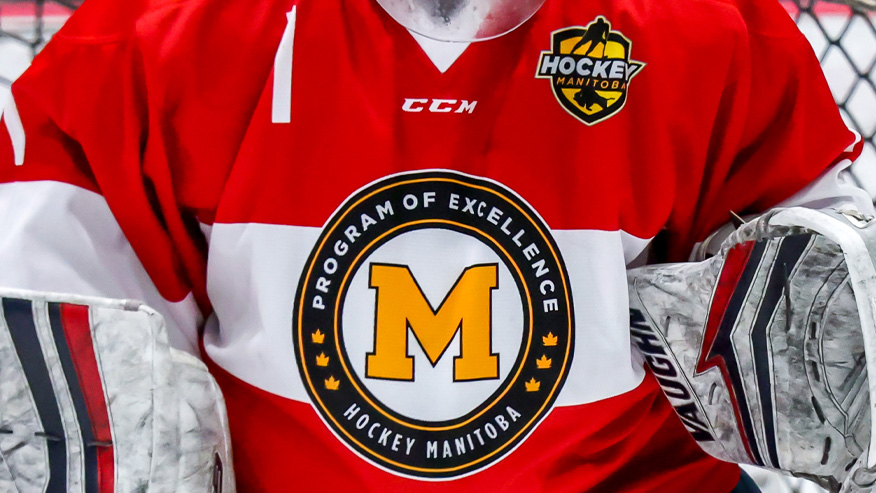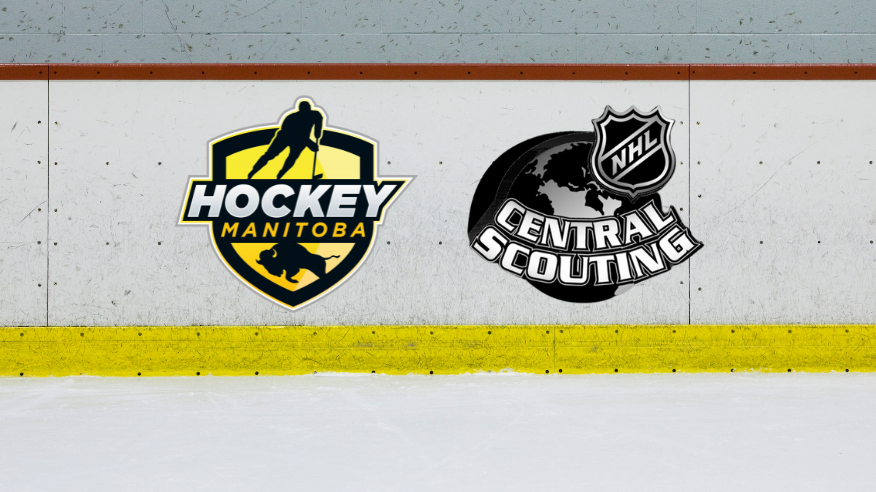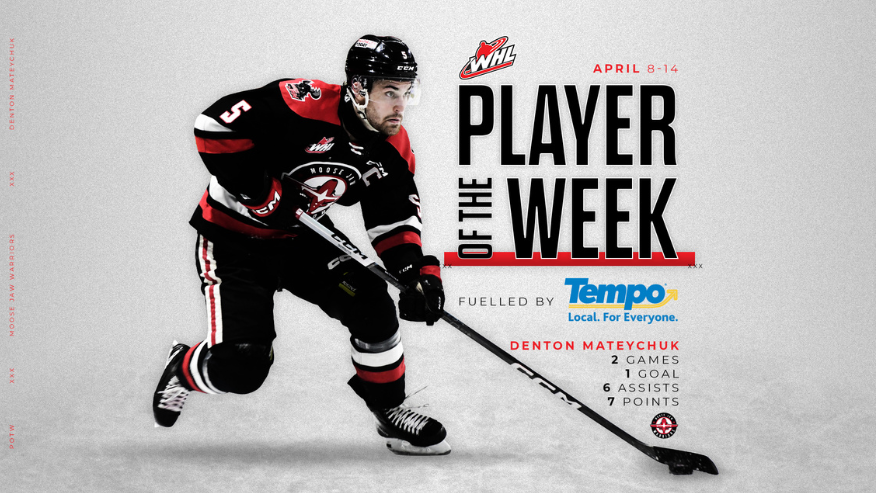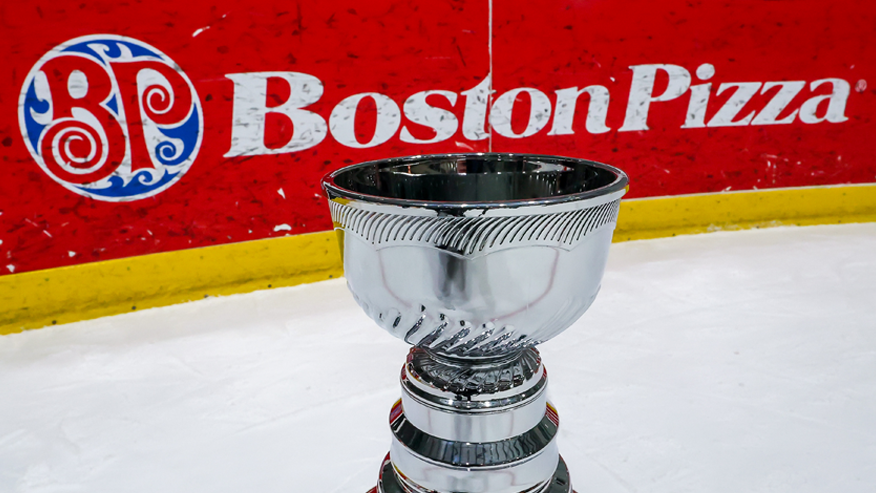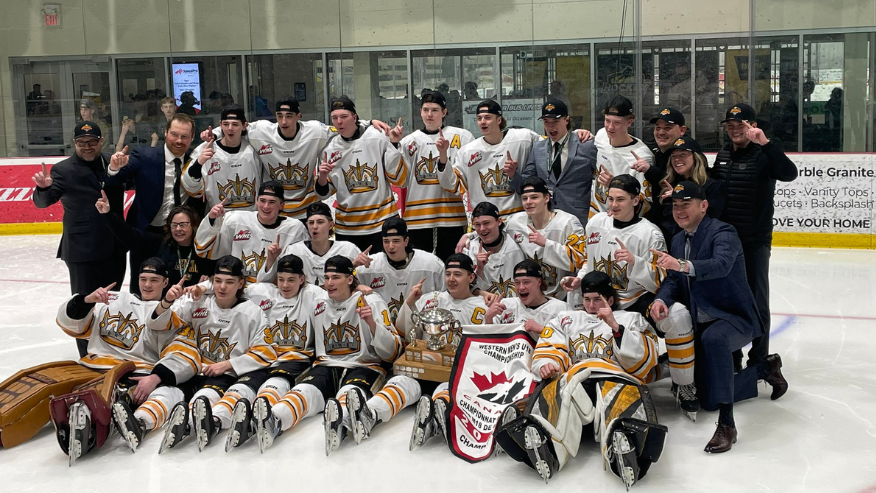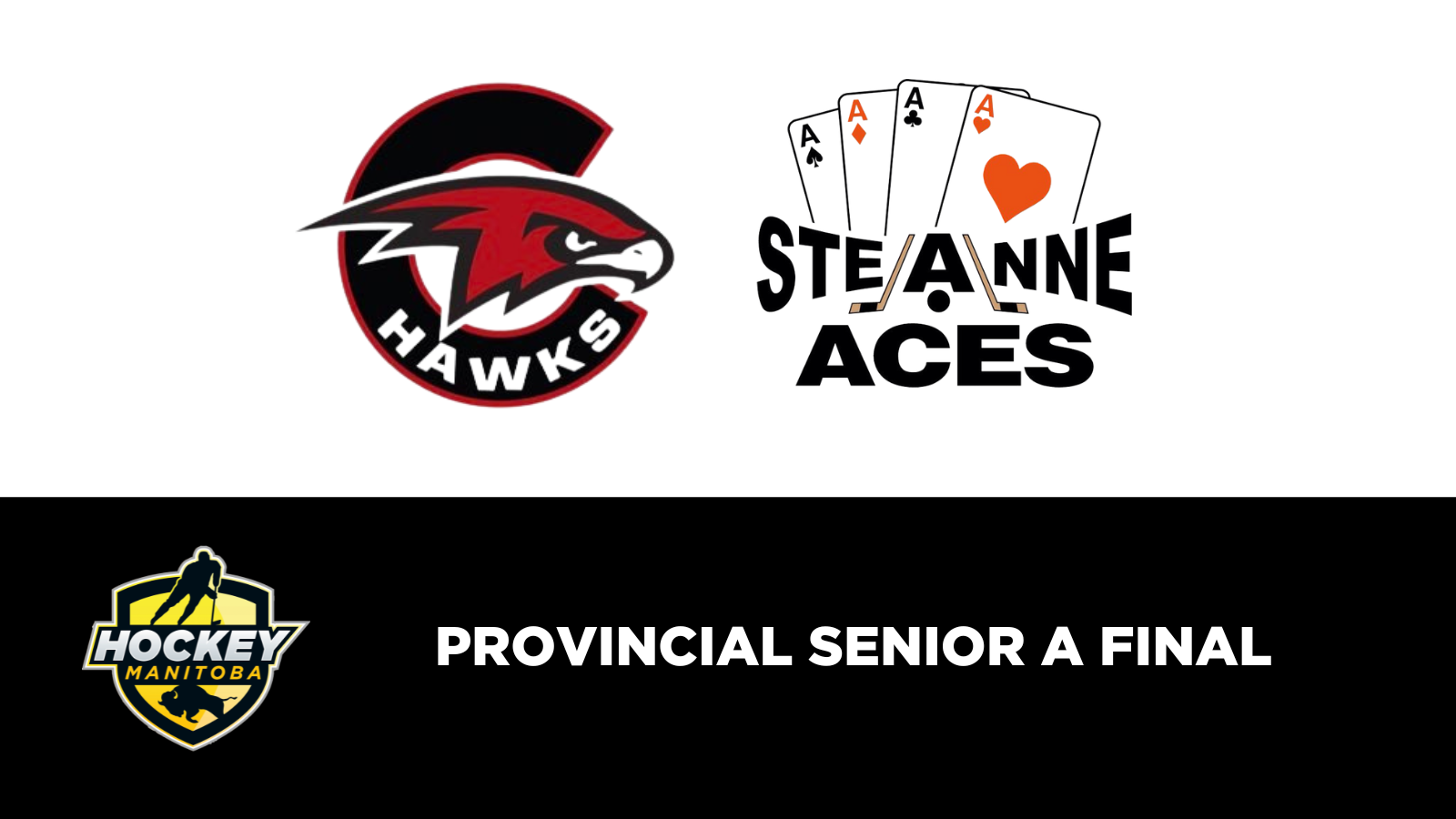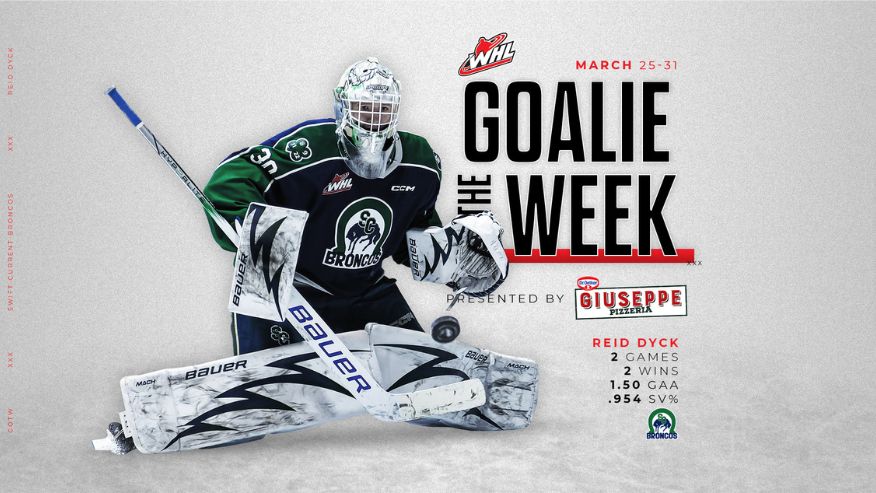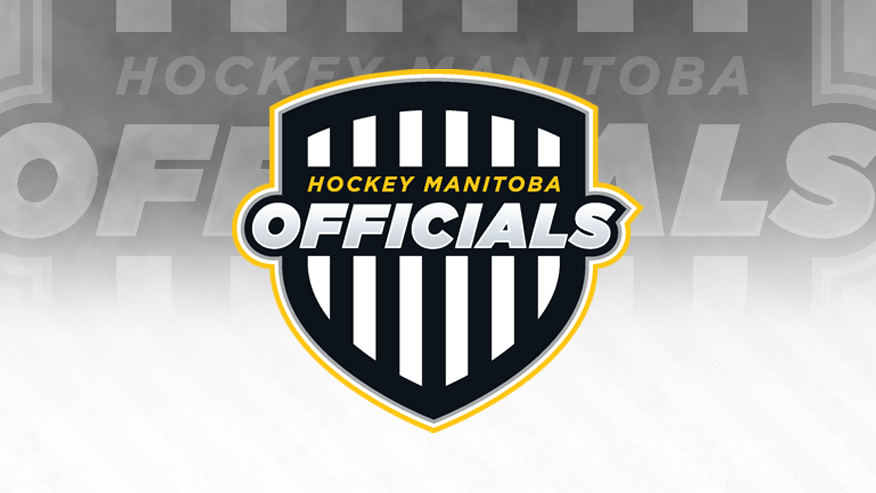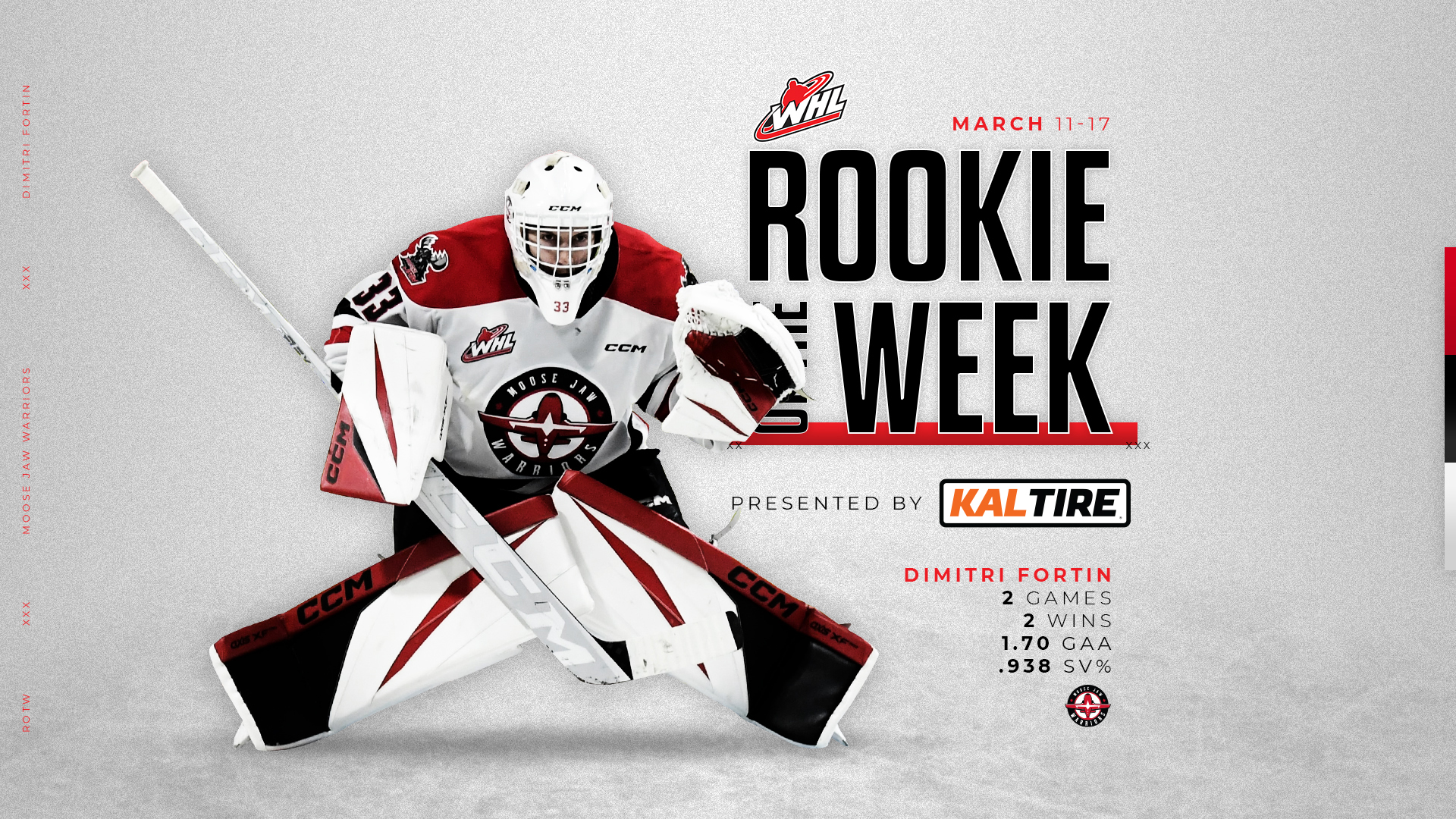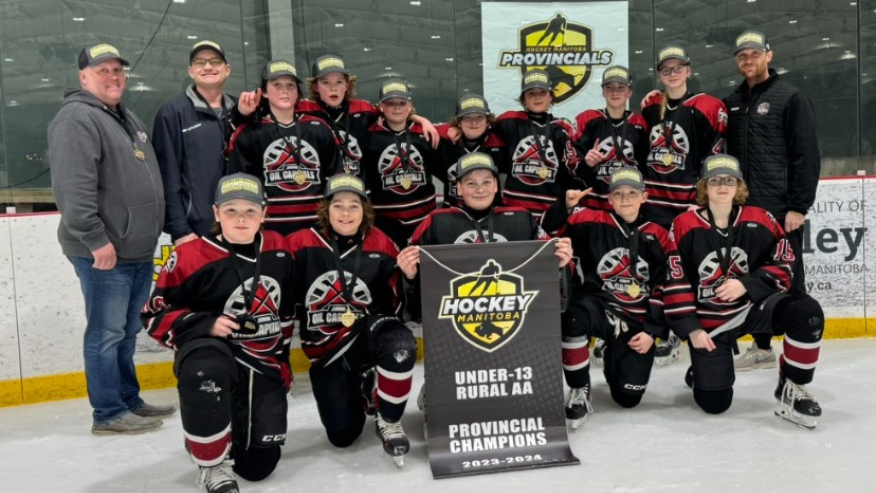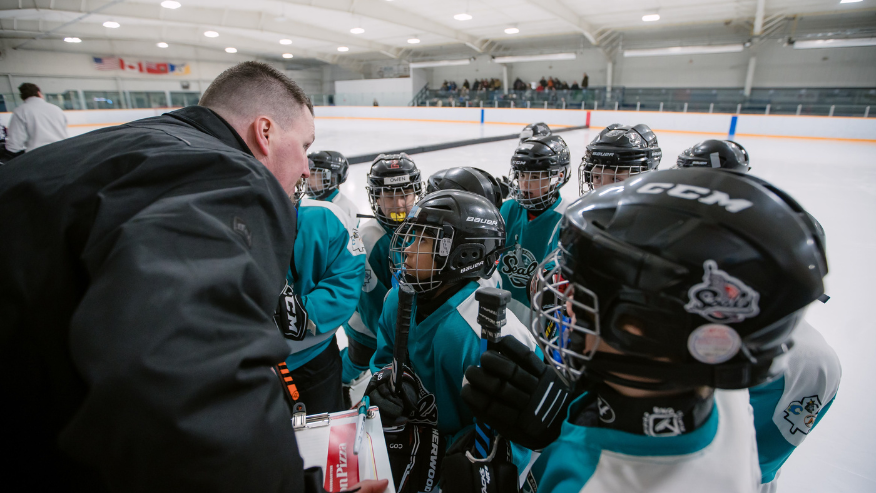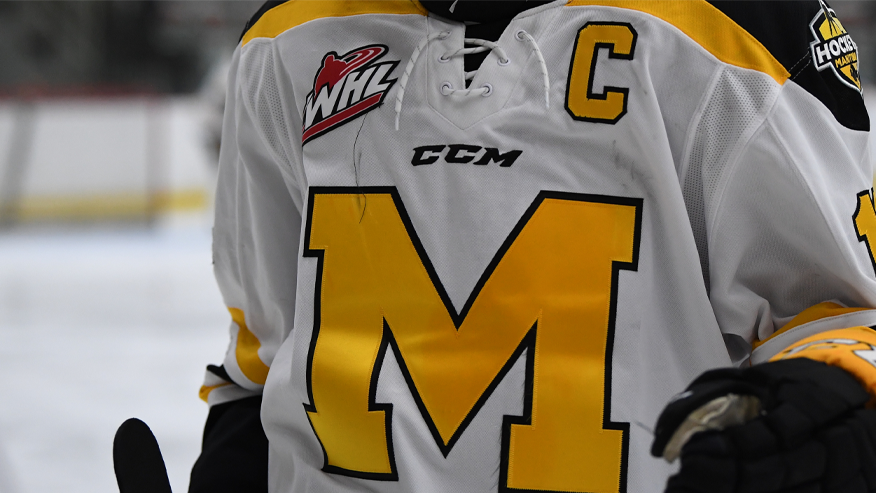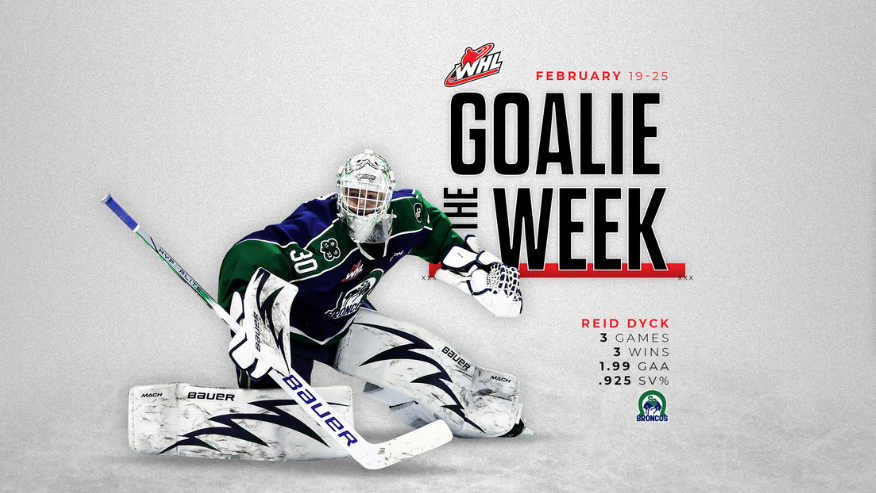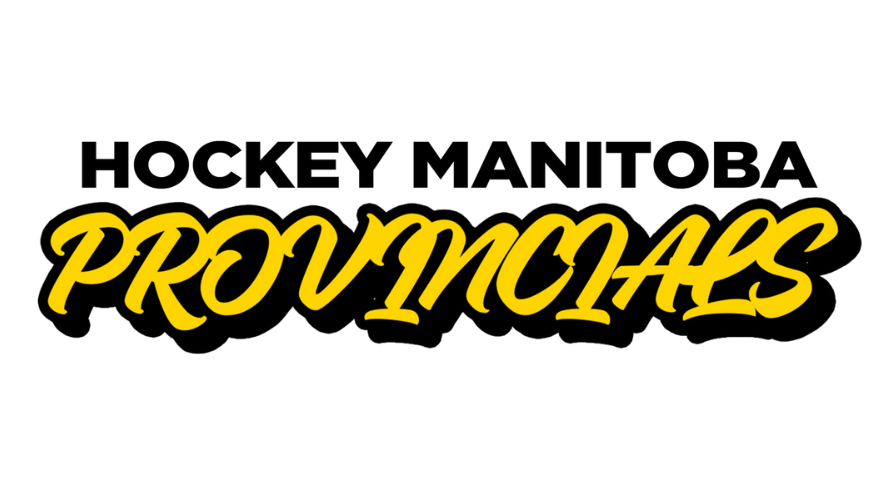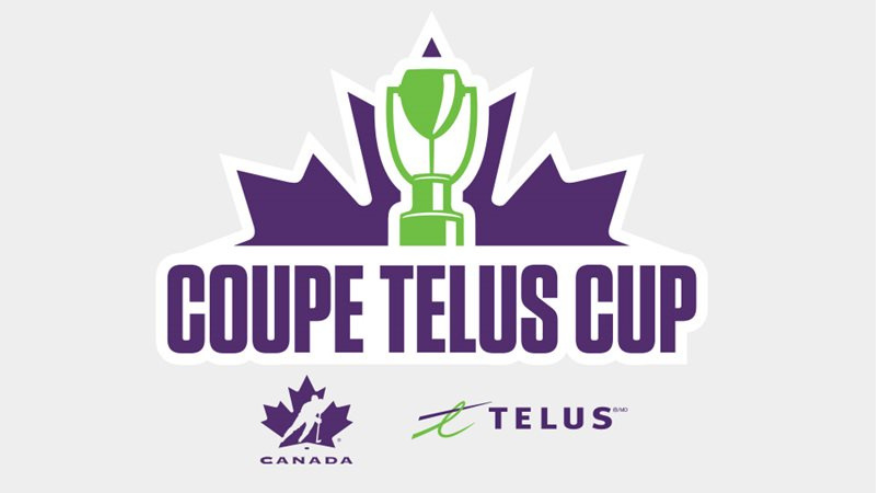Brett Roeland: Have Whistle, Will Travel
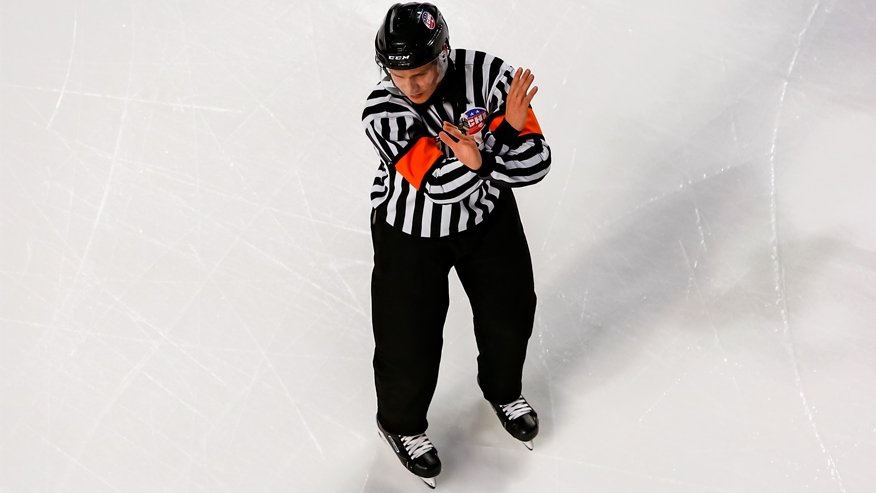
The following article was originally written for Game on Magazine (Year 8, Edition 3)
If you’re looking for Brett Roeland these days, you will probably have trouble finding him.
That’s because during the hockey season the 26-year-old from Winnipeg can be in a different American city pretty much any day of the week as part of his role as a professional minor hockey league referee in the American Hockey League and East Coast Hockey League.
“I’m gone at least 15 days a month, sleeping in hotels,” Roeland said. “I can go anywhere from the East Coast, all the way down to Tucson, and back out to Florida and then all the way out to California so pretty much anywhere.”
This past September, Roeland relocated from Winnipeg to Cincinnati to live in an apartment provided by the East Coast Hockey League, a move that was made to make travel easier (Winnipeg isn’t exactly the most convenient place to fly out of) and to provide a base for games during the week.
Even though Roeland often travels by air, he can drive to a handful of cities close to Cincinnati such as Chicago and Grand Rapids.
“Sticking to a routine no matter what is crucial. Sometimes travel is quite early in the morning so getting up early, having a breakfast at a regular time, maybe going to the gym, scheduling a pre game nap all the time, things like that. A little consistency helps to ease the burden of travel I find.”
This is Roeland’s second year refereeing in the AHL and ECHL and his first year officiating exclusively in the professional ranks. During the 2018’19 hockey season, Roeland split time between the Western Hockey League (45 games) and the AHL/ECHL (20 games) while was also officiating a handful of games in the Manitoba Junior Hockey League, where he spent four years honing his craft.
Prior to his time in the MJHL, Roeland spent parts of five seasons in the Manitoba Major Junior Hockey League. Roeland worked the lines as a 17-year-old and was promoted to referee just a couple of years later as a 19-year-old. Roeland credits the mentorship he received from Hockey Manitoba officials as playing a huge role in his development as a referee.
“When I was a young official, there were a lot of referees that I looked up to and I picked their brains and they always believed in me and supported me and pushed me even when I was making countless errors.” Roeland said. “The people involved in that league kick started my progression to where I am now.”
Tom Vatrt is the former Director of Officiating for the MMJHL and laments the way Roeland carried himself as a young official.
“Brett’s preparation and his skating ability always stood out but the way he processed the game and the questions he asked separated himself at that level,” Vatrt said. “Brett was always trying to get better and he set goals for himself and he is accomplishing them.”
The transition from junior hockey to professional hockey has been challenging at times for Roeland, who began officiating when he was 12 years old.
“There were definitely growing pains. The hockey is more structured and faster but the biggest difference is the communication. There’s more pressure on the coaches, there’s more pressure on the players and you gain respect from certain people while handling some personalities can be more difficult.” Roeland said.
Roeland is no stranger to pressure himself as he was one of the referees at the 2018 Hlinka Gretzky Cup in Edmonton during the now infamous semi-final matchup between Team Canada and Team USA when Canadian forward Dylan Cozens (Buffalo Sabres draft pick) scored the game-tying goal in the third period with no time left on the game clock.
When the replay was shown on television, time had actually expired before the puck crossed the line but because there was no video review available to the officials, the goal on the ice stood. Canada moved on to the Gold Medal Game against Sweden while the Americans were understandably frustrated.
“It was a little bit of an emotional roller coaster at the time on the ice,” Roeland recalled. “Knowing that both coaches had access to video review on their bench and we didn’t have access it was pretty easy to understand whether or not we were correct on the ice. Unfortunately we weren’t but we still had more hockey to play so we had to put it in the back of our minds and just go out there and try to do the rest of the game justice.”
Roeland admits that he won’t soon forget that controversial tying goal in the Canada/USA semi-final game and that he has used it as motivation in his officiating career, which has him on a path to one day work in the National Hockey League.
“The American Hockey League is only step one down from the NHL so the ultimate goal is absolutely to make it to the NHL,” Roeland said. “I think that I am on the right track just based on some of the assignments and opportunities that I have gotten along with the feedback I get from both leagues. The goal is to improve game to game and show the powers at be that I can be an asset to their team at the National Hockey League level.”
To pursue his goal of being a full-time professional referee, Roeland had to take a step back from his career as a pharmacist at Northway Pharmacy in Winnipeg (Roeland graduated from The University of Manitoba).
When the current hockey season ends, Roeland plans on returning to work full time at the pharmacy during the summer but he admits that if his officiating career takes the next step to the NHL he may not be able to practice pharmacy any longer.
“I haven’t really thought too much about a timeline at this point. Things have moved fast for me over the last couple of years and I have just been enjoying the ride so far.”
Share

